Our Blog
Resources and Insights
The latest industry news, interviews, technologies, and resources.
%20(1)%20(1)%20(1).png)
Computer Vision in Construction
AI and Computer Vision: The Future of Construction and Real Estate
AI and Computer Vision are revolutionizing construction and real estate with automation, real-time monitoring, safety, and smarter decision-making.
.png)
Demand Prediction
AI Demand Forecasting: The Key to Optimizing Your Business
How AI helps businesses plan ahead, knowing what’s coming before it hits.
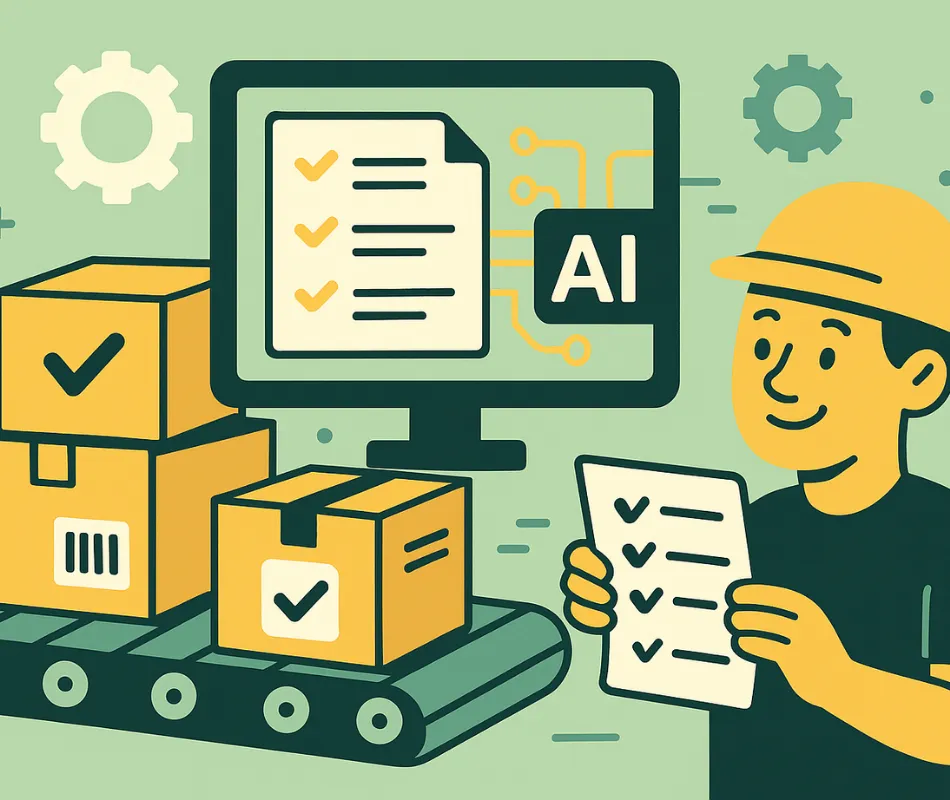
AI to Reduce Cost & Higher Productivity
AI Automation: Fewer Errors, Lower Costs, Higher Productivity
Discover how AI automation doubled productivity and how to apply it with our 10-step guide.
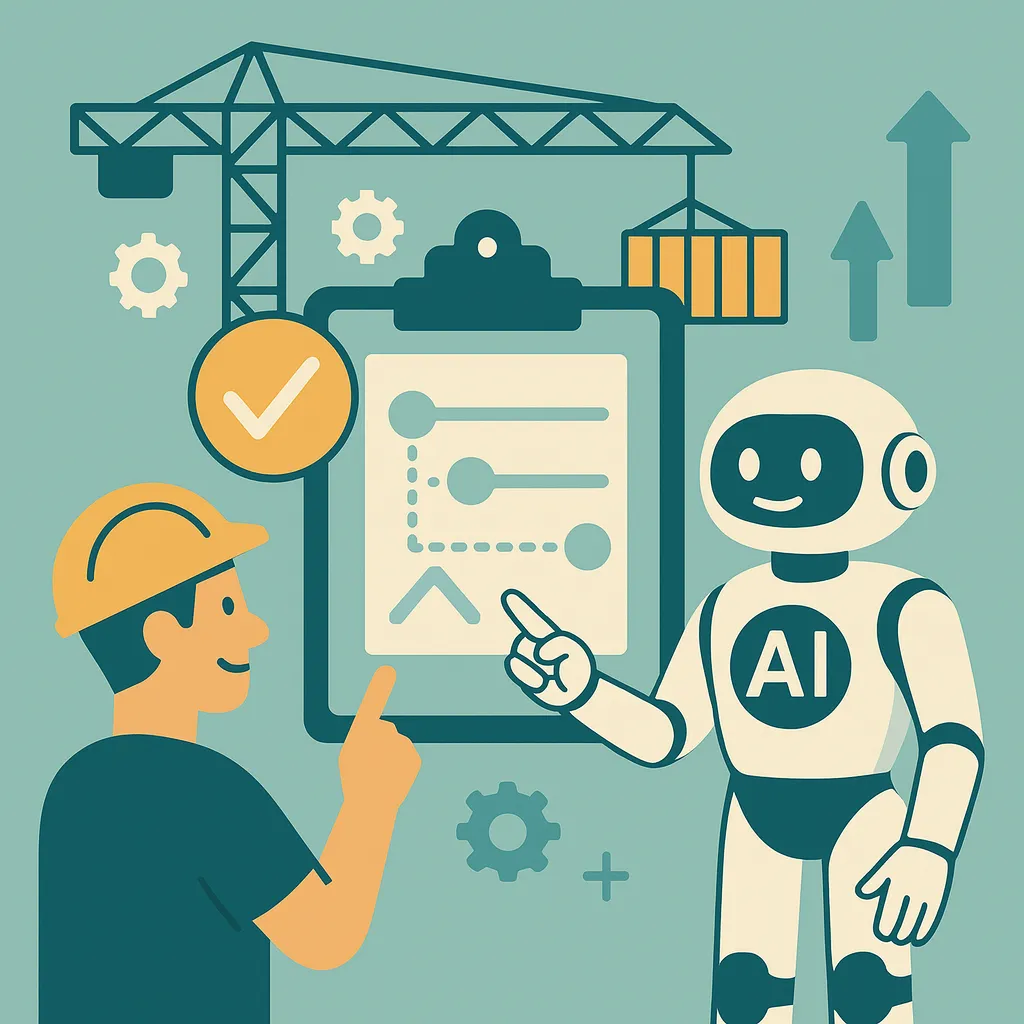
AI in Construction
AI Agents Are Turning Months of Planning and Paperwork into Hours
Learn how AI cuts construction planning from months to days, speeding up processes and creating competitive advantage.
.webp)
Strategy & Innovation with AI
Practical AI Strategy for Real Business Value
Learn how to build an AI strategy that drives growth, optimizes operations, and boosts your company’s competitive edge.
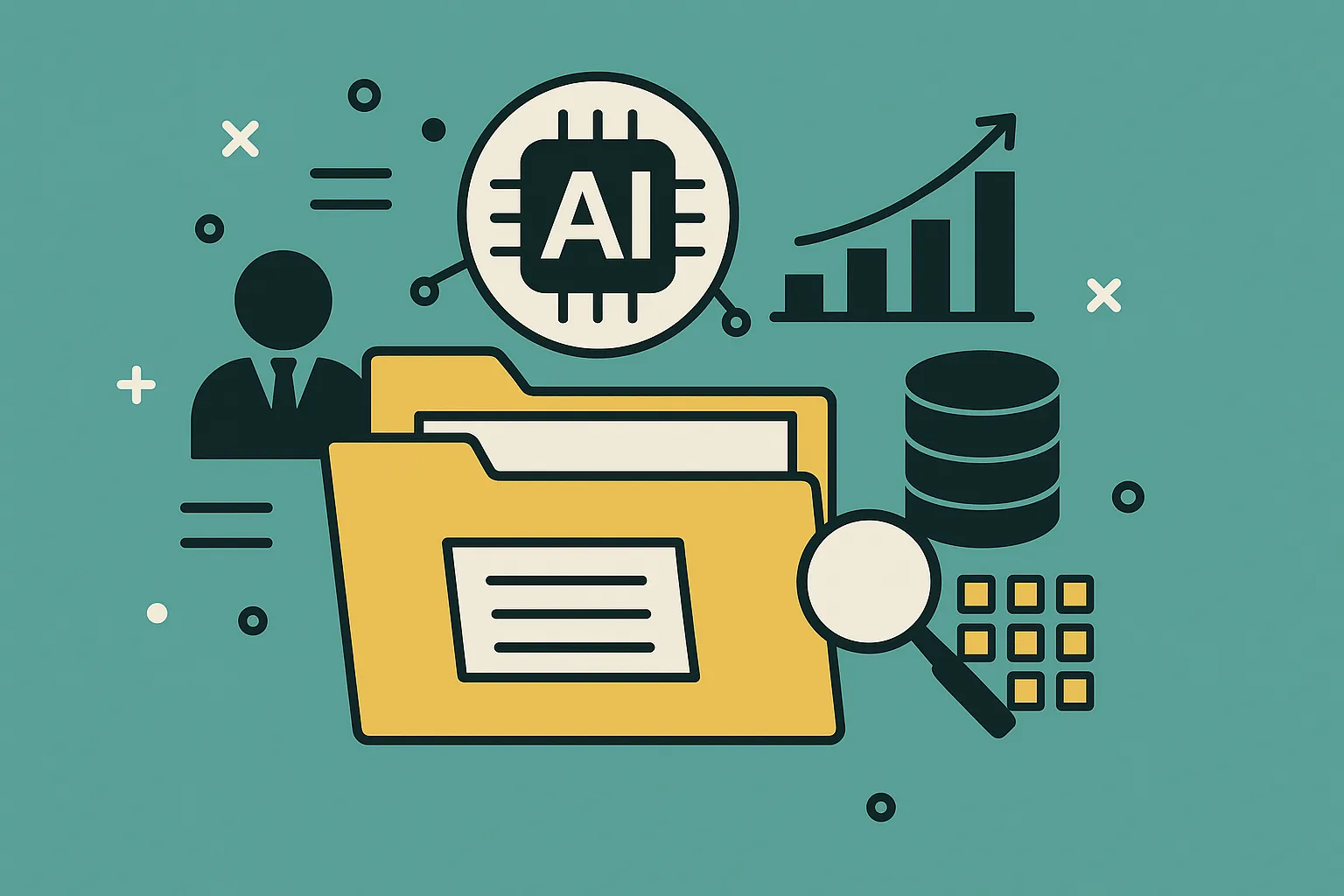
Digital Transformation
Get Your Data AI-Ready: A Quick Guide
A six-step framework to prepare your data and infrastructure to scale AI with confidence and impact.

AI in Business
AI for Law Firms: A Practical Guide
A 4-step plan for law firms to adopt AI, boost efficiency, and stay competitive in a fast-changing legal landscape.
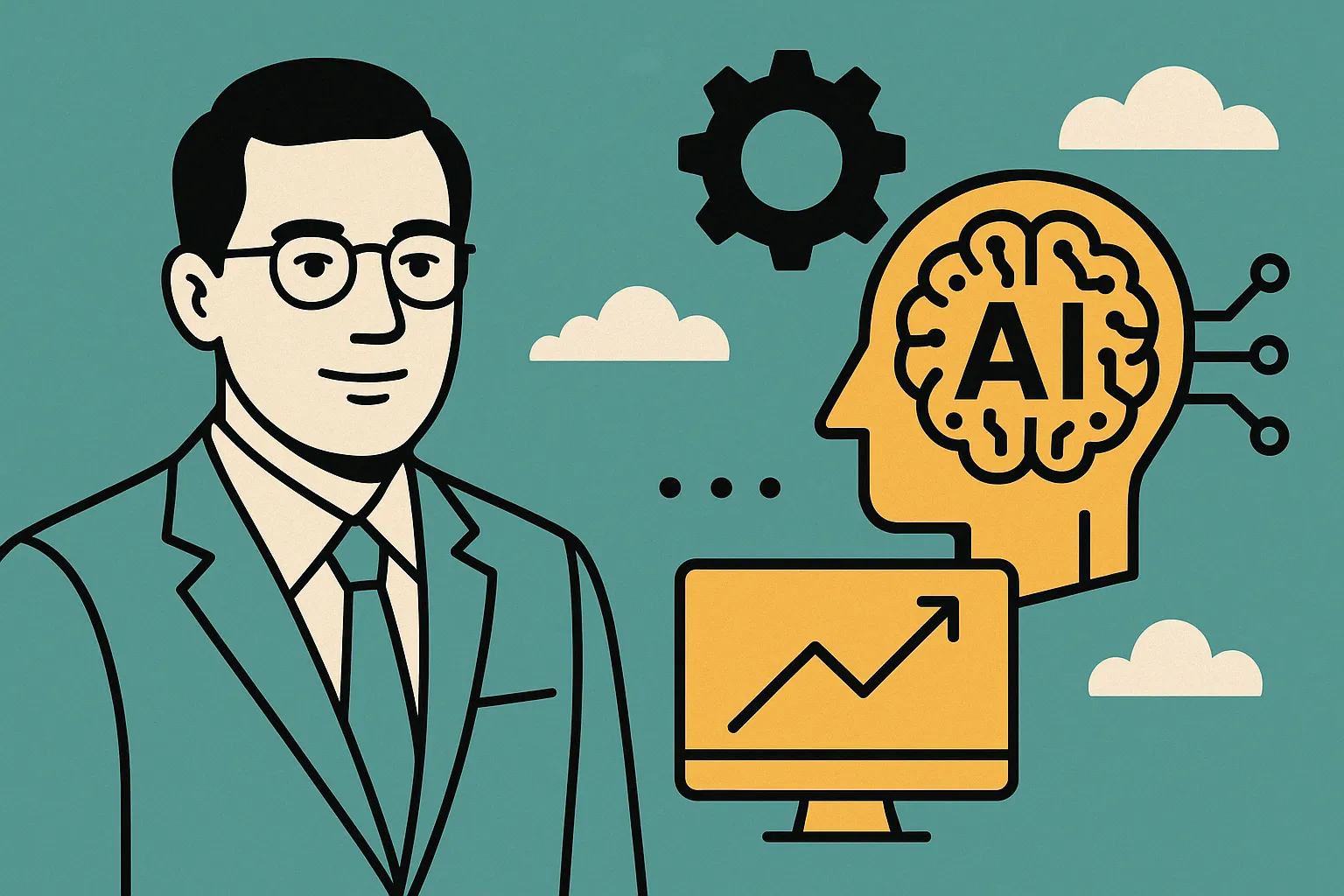
Digital Transformation
AI Implementation in Business: A CEO’s Guide
How to lead AI implementation across strategy, data readiness, ROI assessment, and organizational alignment.
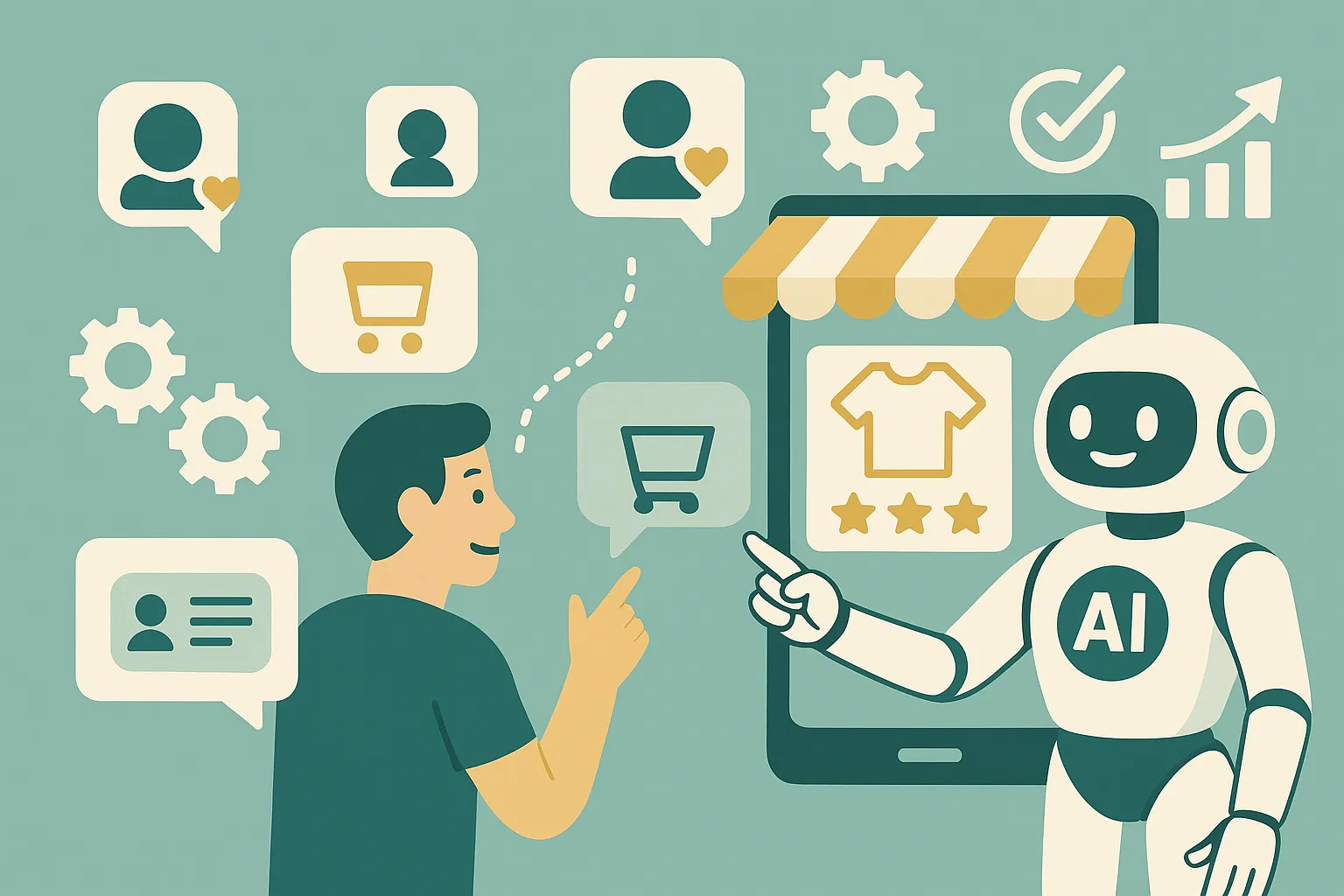
Customer Experience
How AI Improves Conversion for Businesses
Learn how AI helps businesses predict churn, personalize engagement, and convert more leads with smart, scalable solutions.
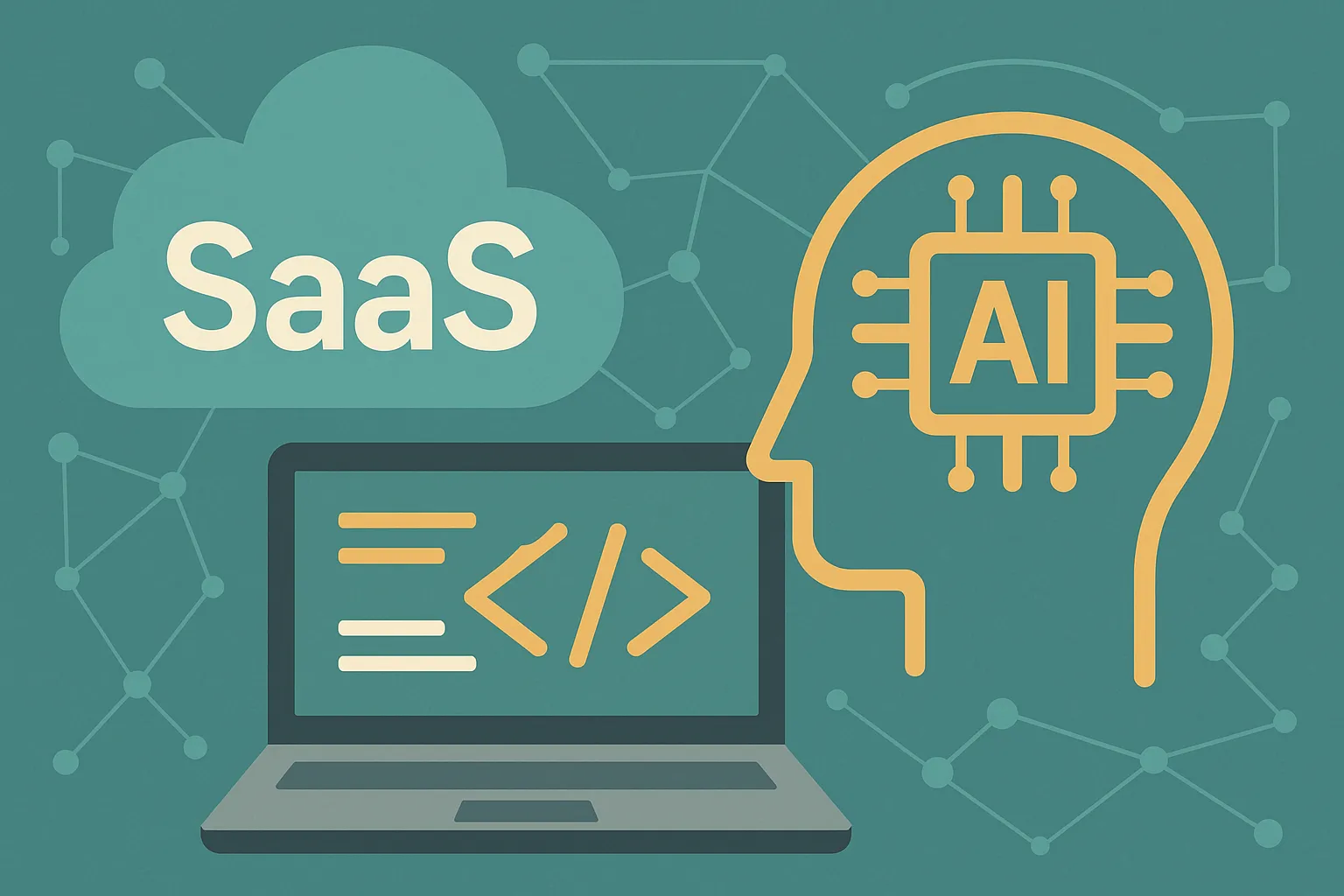
Digital Transformation
SaaS and AI: Shaping the Future of Software
Discover how AI is transforming SaaS by enhancing user experiences, automating processes, and driving business growth.
.webp)
Saas & E-Commerce
E-Commerce 3.0: A New Era of E-Commerce
Discover how AI is transforming the e-commerce landscape through personalization, efficiency, and new business models.
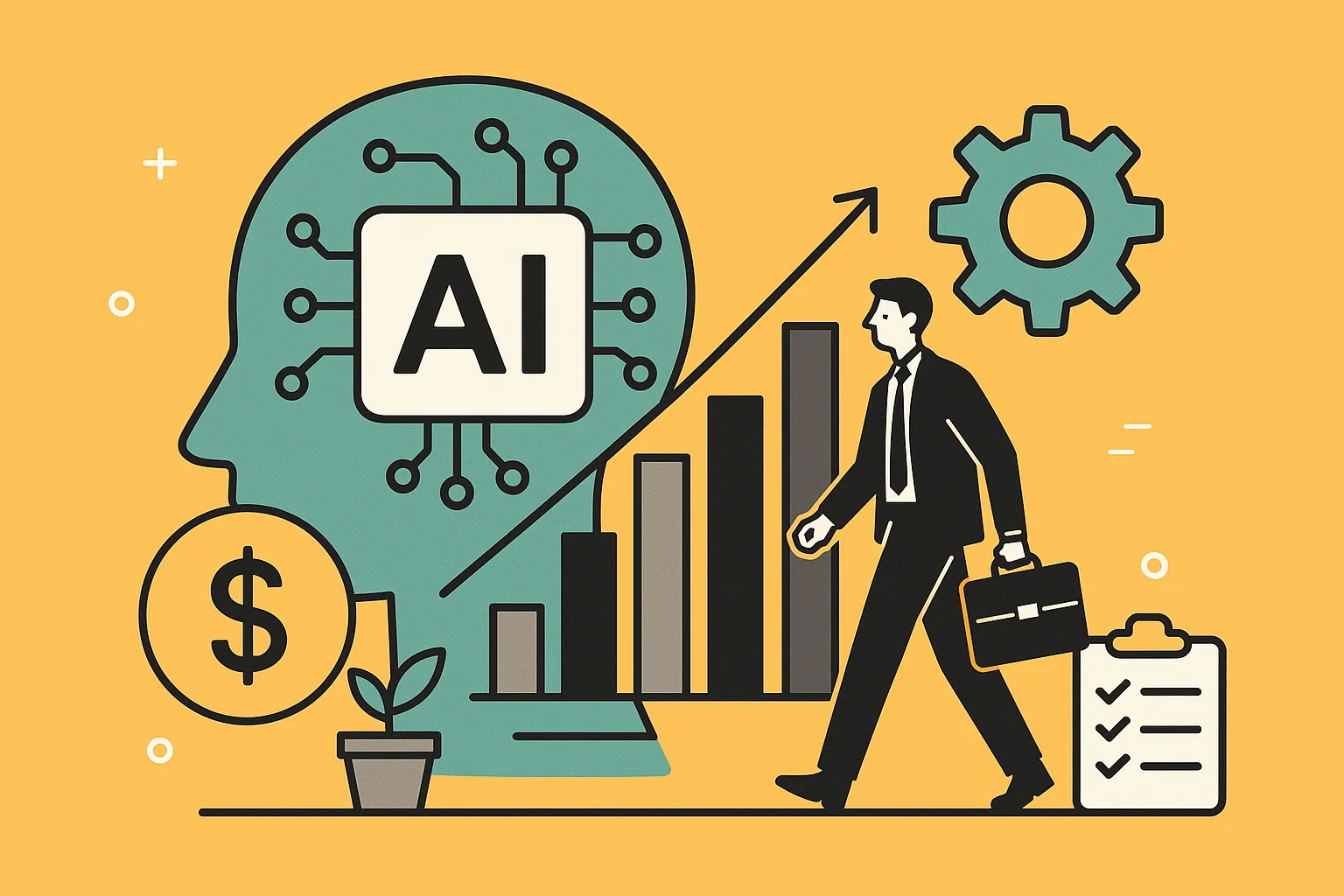
AI in Business
Cost Reduction through AI: Unlocking Crucial Savings For Your Company
Discover how to reduce costs in your company with artificial intelligence — from automation and sales to supply chain optimization.
%20(1).png)
.webp)
.webp)
